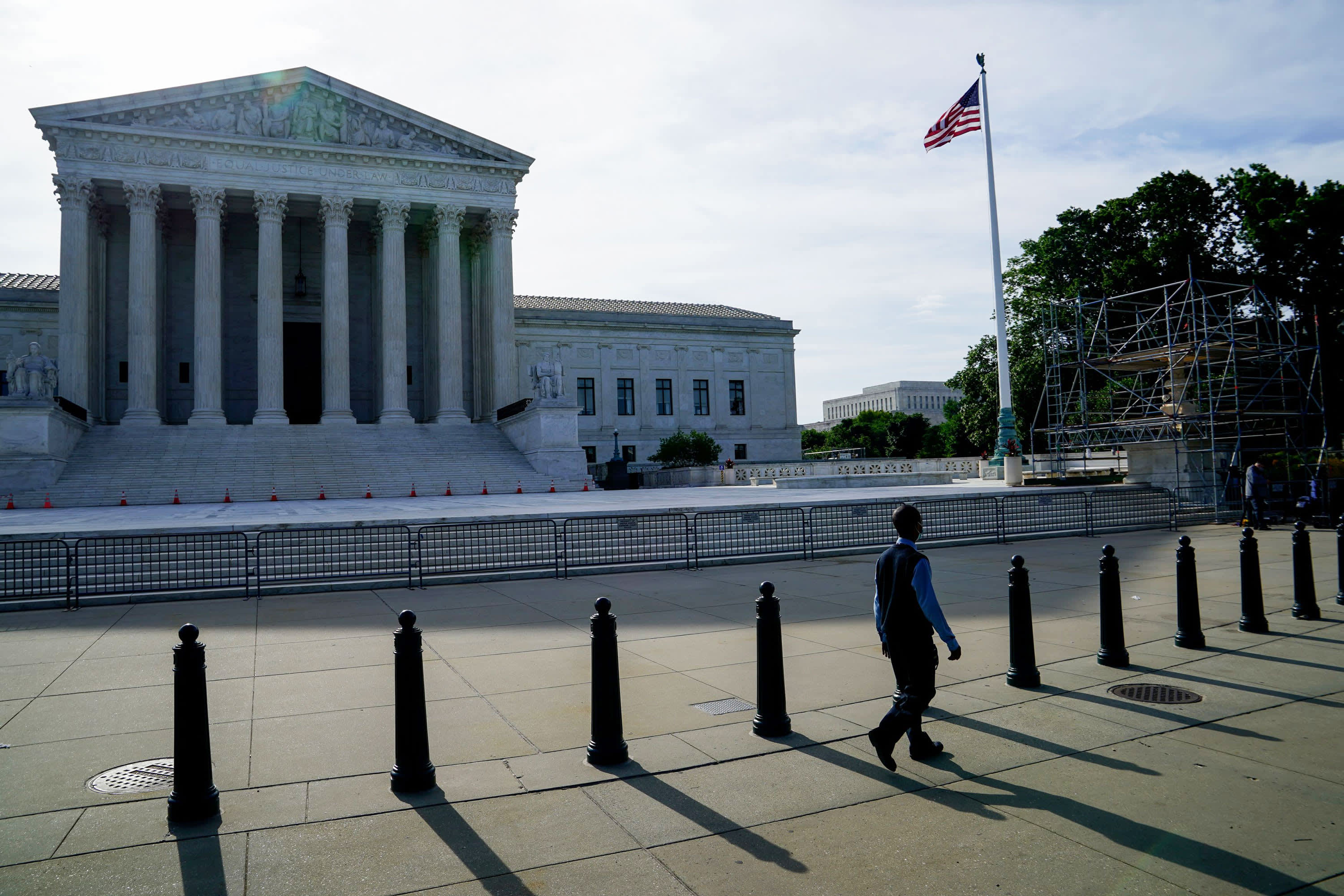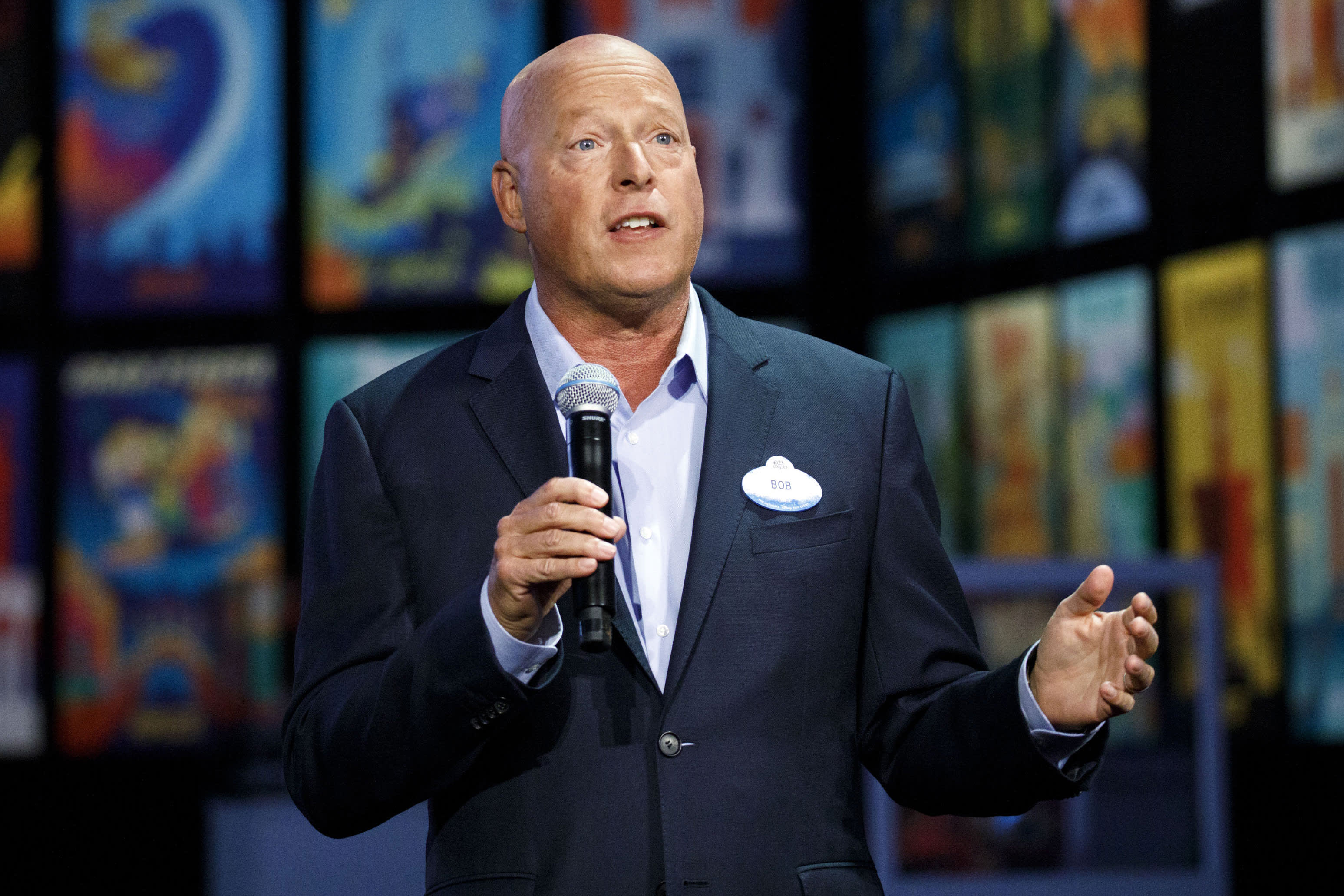Supreme Court refuses to block Texas law that bans most abortions
The law bars most abortions after six weeks of pregnancy and allows private citizens to file lawsuits against abortion providers.

The Supreme Court declined to block a Texas law banning most abortions in a 5-4 decision.
Chief Justice John Roberts and the court's three liberal justices, Stephen Breyer, Sonia Sotomayor and Elena Kagan, dissented in the late Wednesday move.
The narrowly decided opinion, issued in a single paragraph, dealt a major blow to abortion access in Texas. It also underscored the significance of the court's ideological shift to right under former President Donald Trump. All three of his appointees – Justices Brett Kavanaugh, Neil Gorsuch and Amy Coney Barrett – voted with the majority.
In a furious dissent, Sotomayor called it "stunning" that the five justices in the majority "have opted to bury their heads in the sand" rather than enjoin the "flagrantly unconstitutional" Texas law.
The "heartbeat" law took effect Wednesday. It effectively bars most abortions in Texas after six weeks of pregnancy — when many women still have yet to discover they are pregnant — and allows private citizens to file lawsuits against abortion providers.
In denying an emergency request by abortion-rights advocates and providers to block the implementation of the law, the high court majority stressed that they were not delivering a judgment about the substance of the lawsuit.
"In particular, this order is not based on any conclusion about the constitutionality of Texas's law," the opinion said.
Rather, they focused on largely procedural grounds, saying the petitioners have not "met their burden to prevail in an injunction or stay application."
Those petitioners, a group of abortion providers and advocates including Planned Parenthood, filed an emergency request on Monday to block implementation. They said the law would essentially overturn the precedent set by Roe v. Wade, the landmark 1973 case that enshrined the right for women to choose to have an abortion.
In response, a group of Texas officials including Attorney General Ken Paxton urged the high court to deny their opponents' bid to thwart the law, calling the request "audacious."
'Unprecedented' enforcement scheme
S.B. 8 was signed into law in May by Republican Gov. Greg Abbott. It prohibits doctors from performing or inducing abortions if they have "detected a fetal heartbeat for the unborn child," except in medical emergencies.
It also empowers individuals to file lawsuits against abortion providers or anyone who "aids or abets" the procedures after the detection of a heartbeat. Those lawsuits can yield at least $10,000 in "statutory damages" per abortion.
In his dissent, Roberts wrote that the law was "not only unusual, but unprecedented" in how it delegated enforcement to the public, instead of state officials.
"The desired consequence appears to be to insulate the State from responsibility for implementing and enforcing the regulatory regime," wrote Roberts, who was appointed by Republican President George W. Bush.
Sotomayor, who was appointed by President Barack Obama, was more explicit, writing that "the Court's failure to act rewards tactics designed to avoid judicial review and inflicts significant harm on the applicants and on women seeking abortions in Texas."
"In effect, the Texas Legislature has deputized the State's citizens as bounty hunters, offering them cash prizes for civilly prosecuting their neighbors' medical procedures," she wrote.

 MikeTyes
MikeTyes 































